Read more
Journals & Media
Explore groundbreaking research, society updates, and global media coverage at the intersection of artificial intelligence, biomedical physics, and digital twin innovation. Stay informed as DT4HS advances the future of precision medicine.
News
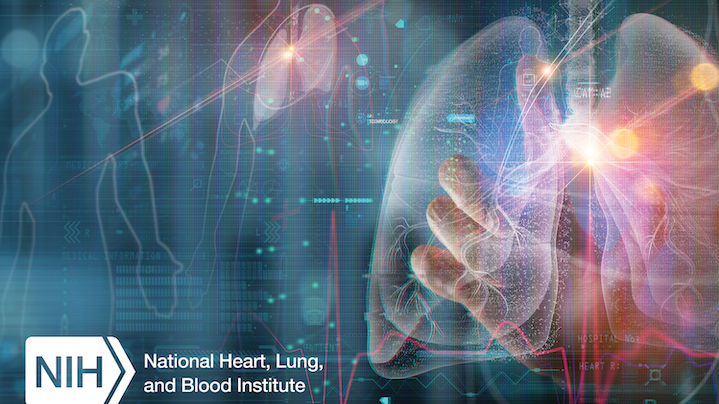
Digital Twins in Heart, Lung, Blood, and Sleep Research Virtual Workshop
The Digital Twins in Heart, Lung, Blood and Sleep Research Workshop will be hosted by the NIH and will take place virtually on September 25–26, 2025.
NIH supports the concept of Digital Twins as described in a 2024 report from the National Academies of Science, Engineering and Medicine (NASEM), as follows: “A Digital Twin is a set of virtual information constructs that mimics the structure, context, and behavior of a natural, engineered, or social system (or system-of-systems), is dynamically updated with data from its physical twin, has a predictive capability, and informs decisions that realize value. The bidirectional interaction between the virtual and the physical is central to the Digital Twin.” This two-day virtual workshop will follow the NASEM report on Digital Twins framework while balancing Heart, Lung, Blood and Sleep (HLBS) research areas of interest.
The goals are to highlight the latest accomplishments in HLBS Digital Twins research and identify gaps and opportunities. This will help to continue building a community that brings clinicians, scientists, engineers, entrepreneurs, and program staff together and to accelerate NHLBI-specific Digital Twins research. The workshop will also highlight NHLBI data science resources such as the Biodata Catalyst and the NHLBI-AI that may support the development of Digital Twins.
Journals
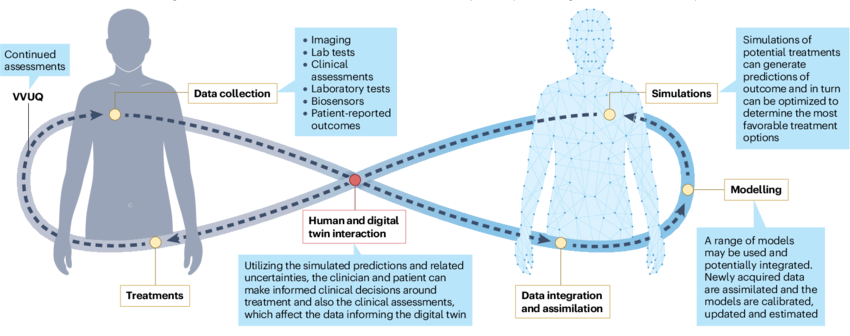
Application of digital twins for personalized oncology
Cancer applications of digital twins include the integration of molecular information and individual drug responses of patients. They can inform individualized treatment, accelerate drug development through clinical trial simulation and enable the exploration of multiscale relationships in the entire human body to drive new therapeutic discoveries.
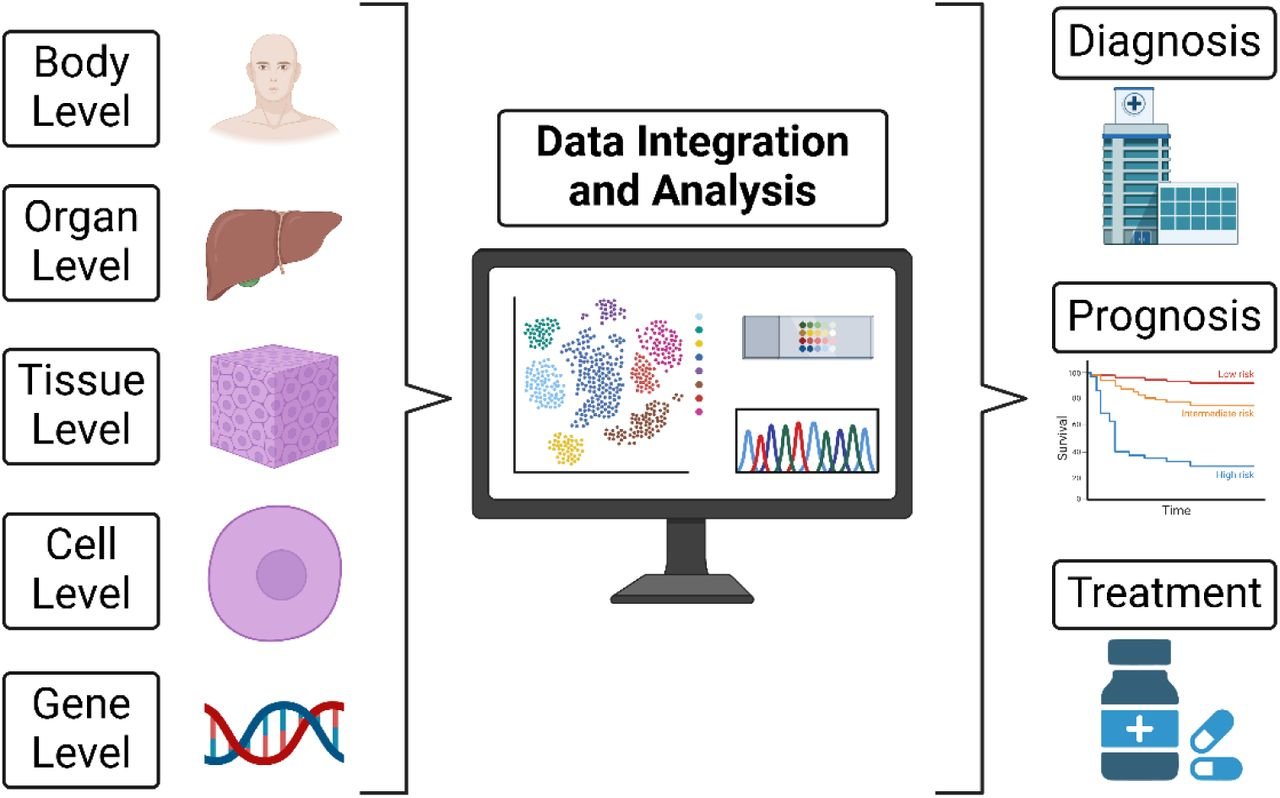
Creation of MLPA: A Multi-level Digital Twin Framework for Personalized Cancer Simulation and Treatment Optimization
This research proposes a new personalized cancer modeling and treatment strategy: the Multi-level Parameterized Automata (MLPA), an innovative digital twin framework. The MLPA framework fully integrates macroscopic electronic health records (EHR) and microscopic genomic data for the first time, employing stochastic cellular automata to model tumor progression and treatment efficacy dynamically.
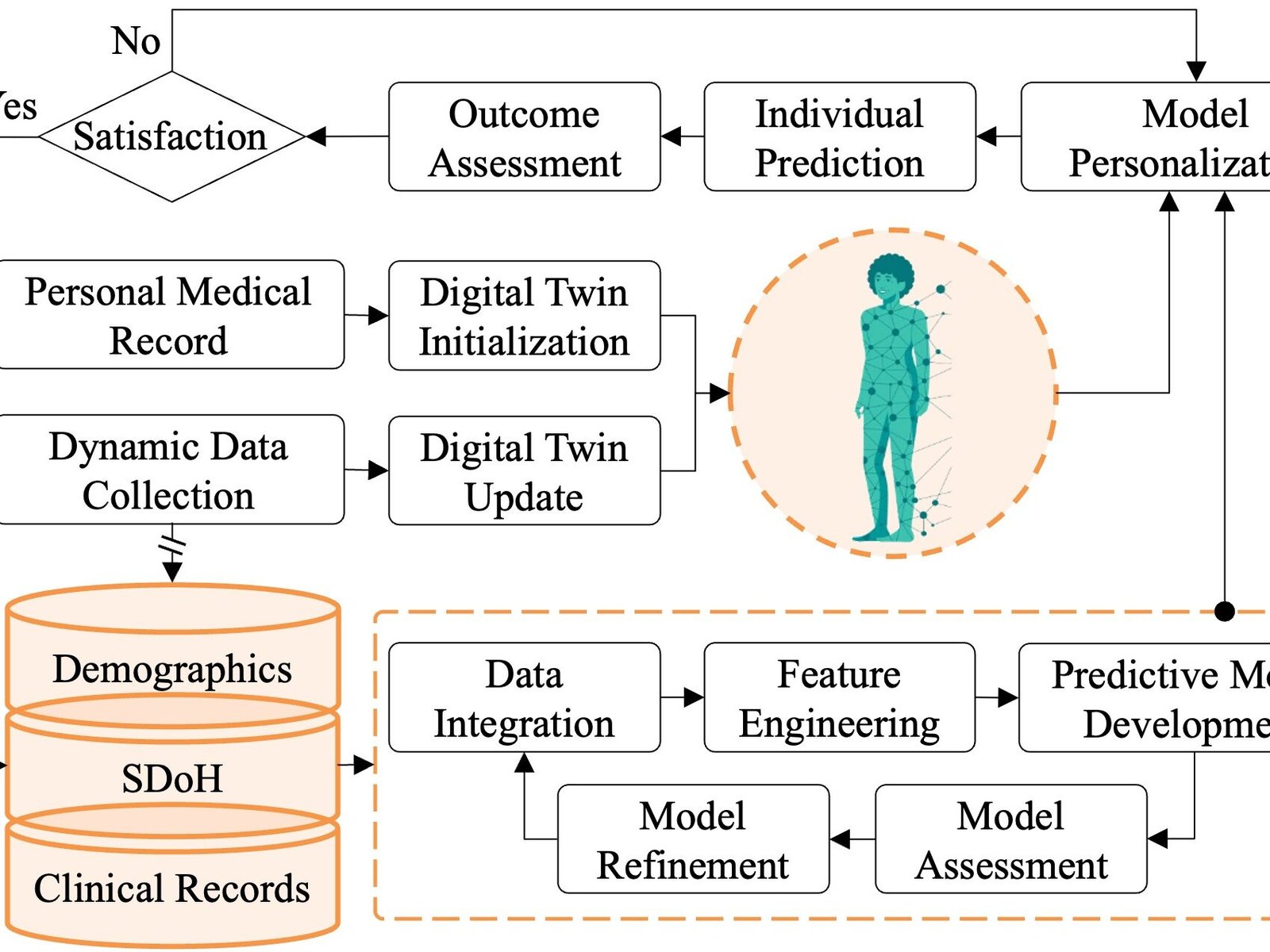
DT4PCP: A Digital Twin Framework for Personalized Care Planning Applied to Type 2 Diabetes Management
We introduce a general DT framework for personalized care planning (DT4PCP), with the core components being a real-time virtual representation of a patient’s health and emerging predictive models to enable adaptive, personalized care. We implemented the DT4PCP framework for managing Type 2 Diabetes (DT4PCP-T2D).
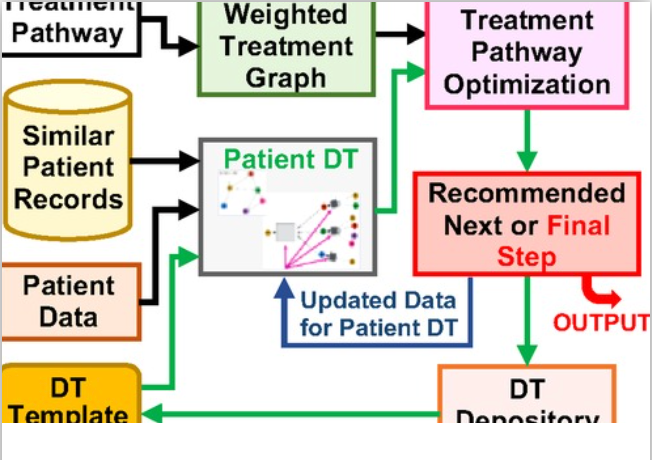
Exploring approaches for predictive cancer patient digital twins: Opportunities for collaboration and innovation
Given the rapidly growing interest in patient digital twins, this manuscript provides a valuable early progress report of several CPDT pilot projects commenced in common, their overall aims, early progress, lessons learned and future directions that will increasingly involve the broader research community.
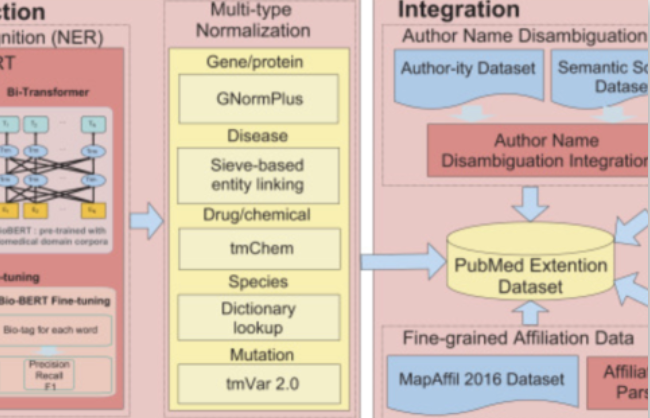
Building a PubMed knowledge graph
Through the integration of credible multi-source data, we could create connections among the bio-entities, authors, articles, affiliations, and funding.
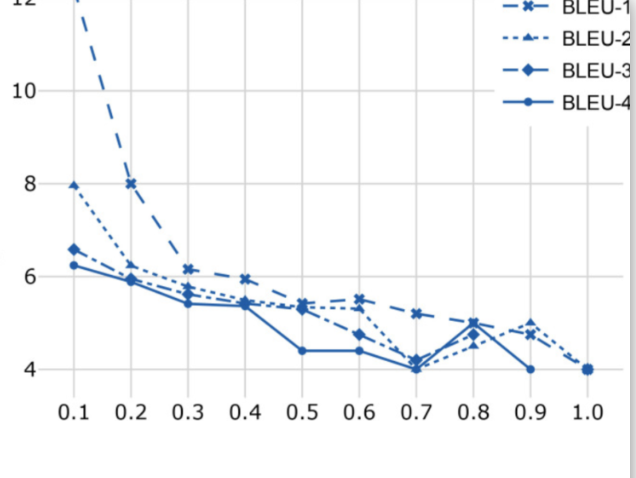
Prior Knowledge Enhances Radiology Report Generation
In this work, we propose to mine and represent the associations among medical findings in an informative knowledge graph and incorporate this prior knowledge with radiology report generation to help improve the quality of generated reports.
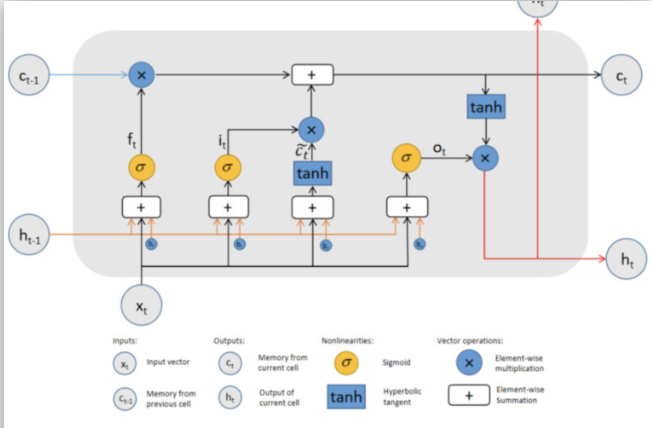
Tracing and forecasting metabolic indices of cancer patients using patient-specific deep learning models
We develop a patient-specific dynamical system model from the time series data of the cancer patient’s metabolic panel taken during the period of cancer treatment and recovery.
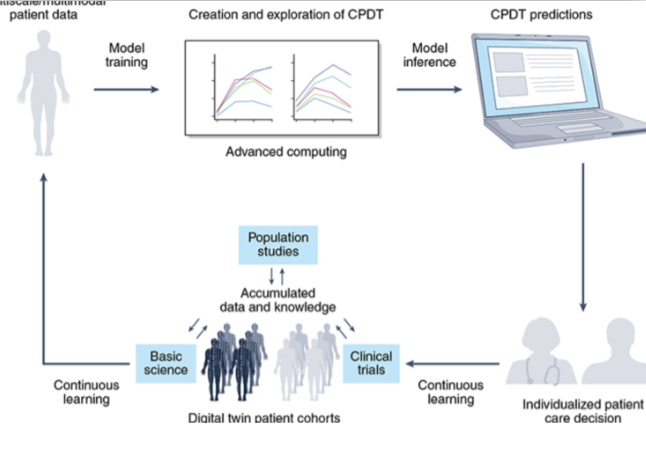
Digital twins for predictive oncology will be a paradigm shift for precision cancer care, Nature Medicine
Cancer patient digital twins (CPDTs) use emerging computing and biotechnologies to build in silico individual representations that dynamically reflect molecular, physiological and lifestyle status across different treatments and time.
Media
Explore the latest features, press releases, and media coverage spotlighting our work, partnerships, and community impact. From academic innovations to national conferences, stay up to date with how we’re making headlines.
“Innovation in action — where healthcare, technology, and education intersect.”